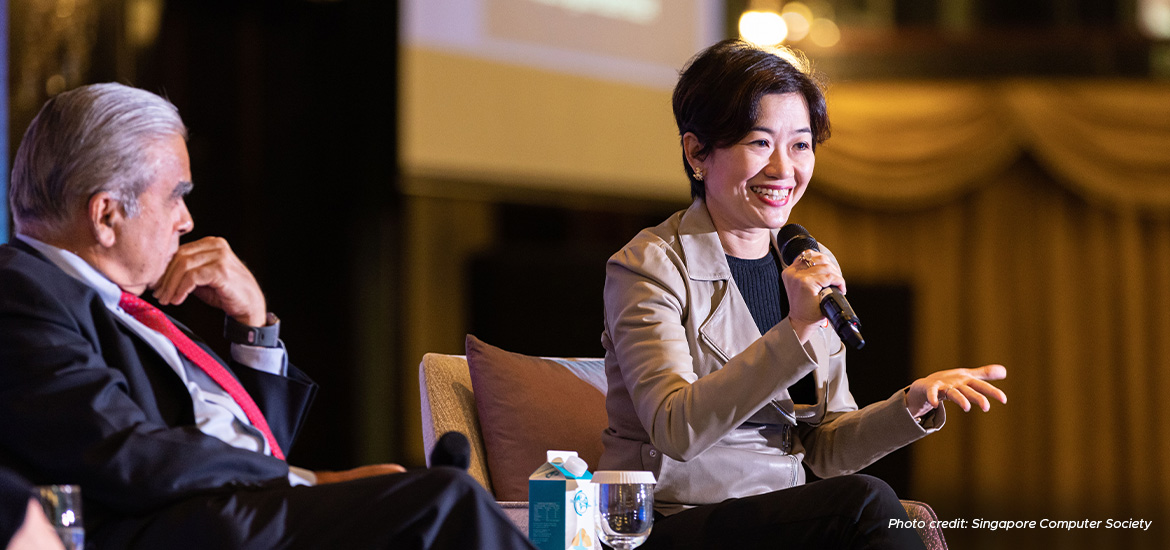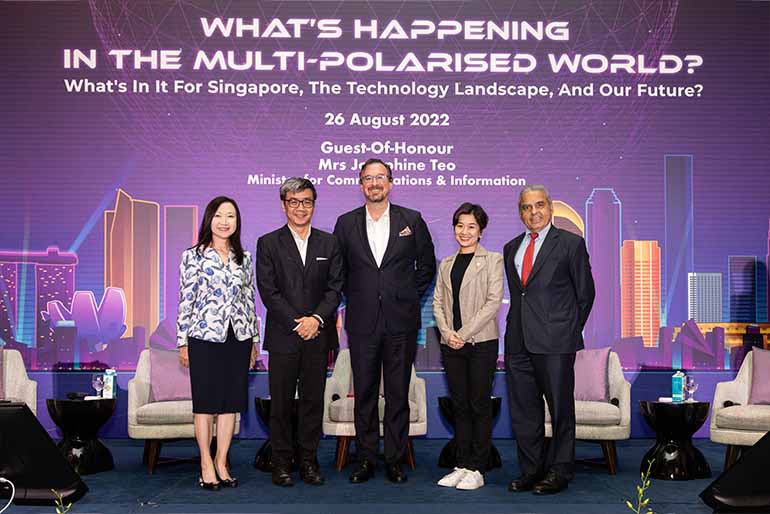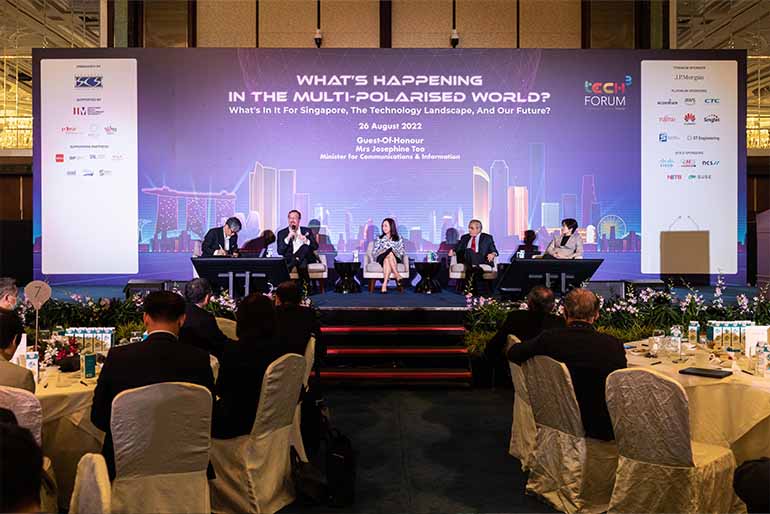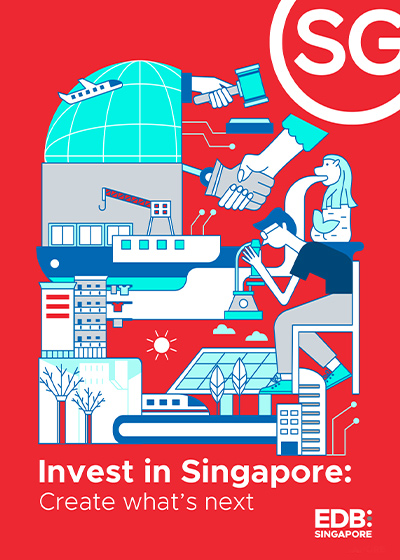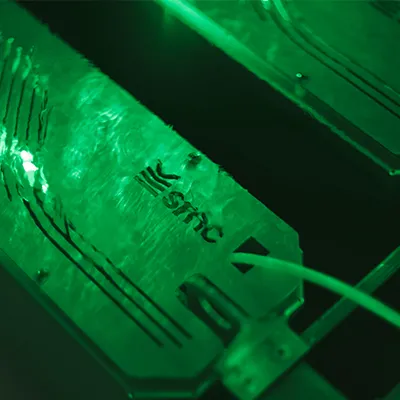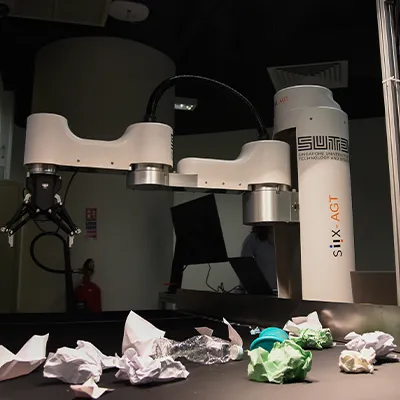The digital economy will continue to be a large part of the region’s growth. During the pandemic, Southeast Asia added more than 60 million new digital consumers, and the region’s digital economy is on track to becoming one of the world’s fastest-growing digital markets. Singapore continues to be a welcoming location for firms to invest in and offers a nurturing and vibrant ecosystem that supports tech companies. To date, this has spurred tech giants such as Meta, PayPal, Google and Bytedance to locate their hubs in Singapore.
We will continue to improve long-term infrastructure to supercharge digital connectivity, ensure a conducive startup environment and provide access to capital, research and talent. Notably, we are on track to achieving nationwide 5G coverage by 2025 so that businesses and consumers can enjoy faster network speeds and new applications – especially crucial for companies in the Internet of Things (IoT), Metaverse and Web3 space. Additionally, we are committed to maintaining a stable digital environment and defending the cybersecurity space for end-users. We are doing this by advocating for international cyber norms and being a trusted data hub.
Developing and Attracting Agile Talent
Talent is key in powering the growth of our tech sector. We are equipping local fresh graduates and mid-career workers with relevant technical skillsets through postgraduate education, corporate training and upskilling programmes like the TechSkills Accelerator (TESA).
We have also selectively brought in successful global entrepreneurs and innovators who can translate technological innovations into scalable and viable business models. This has been done through the Tech.Pass scheme. As of end-July, we have approved over 250 high quality applicants from 37 countries, with experience in areas such as artificial intelligence (AI), cybersecurity, EduTech, FinTech and Software as a Service (SaaS). The success of Tech.Pass informed the decision to expand the scheme to more non-tech sectors and enhance benefits through the new Overseas Networks & Expertise Pass for global talent.
Other recent enhancements to Singapore’s work pass framework will further support efforts to build and retain talent – especially those with skills in demand – so that businesses can grow faster and in turn, uplift our Singaporean core workforce.
Growing a Vibrant Innovation Ecosystem
With Singapore’s strong intellectual property (IP) ecosystem, we have become known as a centre for digital innovation activities – such as software development, cybersecurity and AI. Despite the recent global correction in tech valuations and expectations of more constrained venture funding, we expect digital startups with sound business models and paths to profitability to succeed.
To that end, government agencies will partner companies to experiment in a live environment, but within defined risk parameters. For example, ADDX, a capital markets blockchain platform, first tested its platform within the Monetary Authority of Singapore’s FinTech Regulatory Sandbox and was subsequently approved as a recognised market operator and capital markets licensee.
At the same time, the Economic Development Board is growing the momentum of corporate venturing. Our Corporate Venture Launchpad programme offers companies funding and support through concept validation sprints to test innovative ideas with the potential to grow into globally competitive businesses from Singapore. This forms part of our broader goal to partner businesses in developing purpose-led digital solutions that can solve today’s problems and secure a better future for Singapore and the world.
As Formula One driver Ayrton Senna once said: “You cannot overtake 15 cars in sunny weather…but you can when it’s raining”. Amid global headwinds, there are tailwinds we can ride on in our part of the world. Through close support and partnerships with the tech and business communities, we are unlocking the opportunities ahead for Singapore.
This article was first published by the Singapore Computer Society in The IT Society magazine, Issue 3, 2022.
